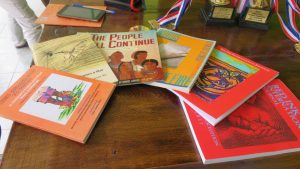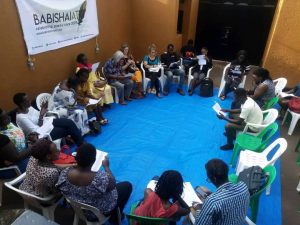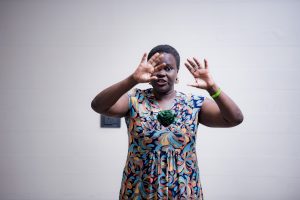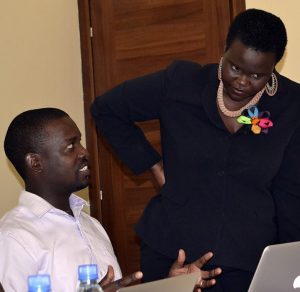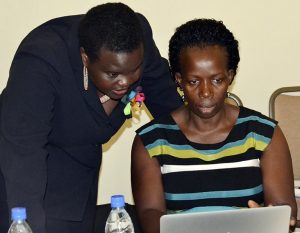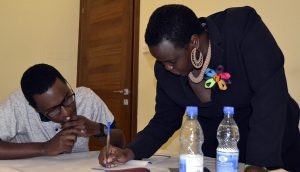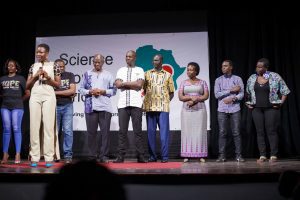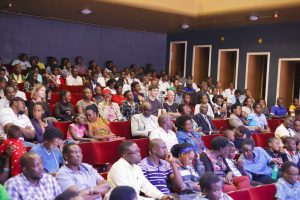You probably know someone who has written a poem and kept it locked up for ages; a secret like a belch, (for them and them alone). Maybe you are that person who’s written a poem, about a moment that was too terrifying or magical, not to be locked in the confines of pen and paper.
The BN Poetry Award began for that reason; to tell you that some secrets are okay to share. We began this journey of splendor, sin and secrets so that unrecognised poets, especially, would have their space to shine. Since 2009, about 5,200 poets have passed through the BN Poetry corridors, through both the annual poetry contests and annual publications.
Turning this service up a notch, we want to not only spread the word of African poetry through annual contests, but also to read, reread, proof read, edit and give advice on poetry and haikus, from Africans. With every contest, we often receive such requests. Before we announce our 2019 annual haiku award, kindly indulge:-
BABISHAI NIWE POETRY FOUNDATION POETRY EDITING SERVICES
After receiving our umpteenth request to read, edit and assess poetry and haiku from both emerging and established poets, we have decided to create an official space for this highly sought after service. We have decided to fill a much needed gap.
SUBMIT YOUR AFRICAN POETRY FOR EDITING
The Babishai Niwe Poetry Foundation is officially opening up a professional editing space for African poetry. To all emerging and established poets of African descent, kindly submit your work. We have subsidized the rates for African poets.
Details:
- All submissions must be sent as a Microsoft word attachment, using Times New Roman, Arial or Calibri, font size 12, single-spacing.
- Kindly use a header at the top right corner and include your name, draft title of your submission (not compulsory), city and country of residence, city and country of origin (if different from above).
- This is a professional service, and depending on the amount of work submitted, there will be a fee.
The Subsidized Poetry Editing Rates are as Below:-
10-20 Poems – Two Hundred US Dollars ($500)
21-50 poems- Five Hundred US Dollars ($800)
- If you’re interested in the Babishai Niwe Poetry Foundation going further to publish your work, that can be followed by a formal discussion on preferences, design, time-lines, quantity, and other essential criteria.
- You own the copyright.
- Kindly submit work to babishainiwe@babishainiwe.com. You may also call +256 751 703226
Thanks for being such a support towards African poetry.
Towards the end of the year, we shall be calling for submissions for our 2019 African haiku contest.
Here above are poets gathered for an evening reading at the Babishai tenth anniversary celebrations.
